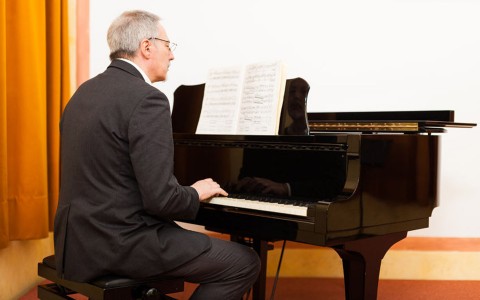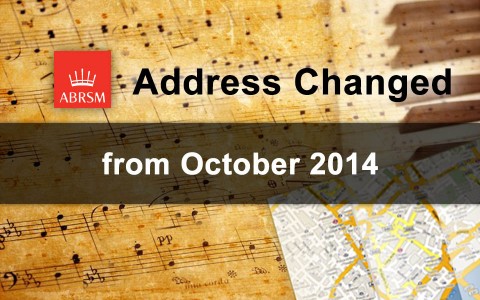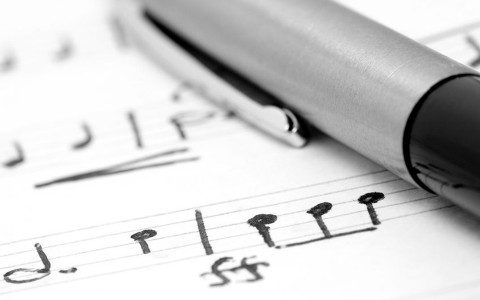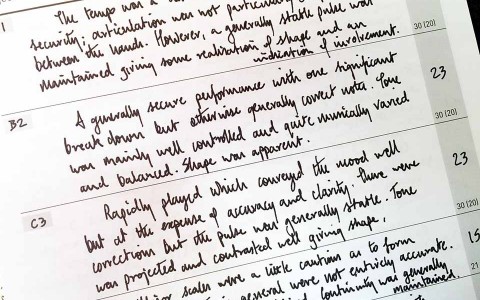The journey to mastering the piano is as unique as the individual embarking on it. For aspiring pianists, three primary learning paths present themselves: enrolling in a music school, seeking guidance from a private teacher, or embracing self-taught methods such as online courses, YouTube tutorials, and the Synthesia method. Each path offers distinct advantages and challenges, shaping the musical journey in profound ways.
Learning in Music Schools: A Symphony of Structured Learning
Music schools offer a structured environment that can be crucial for beginners. They provide a comprehensive curriculum, covering theory, sight-reading, technique, and a variety of musical styles. In these institutions, students not only benefit from professional instruction but also gain exposure to a community of fellow musicians. This social aspect fosters collaboration and provides opportunities for ensemble playing, which is invaluable for developing timing and listening skills.
However, music schools can be expensive, and their structured programs might not cater to individual learning paces or preferences. The pressure of regular performances and examinations might also be daunting for some learners.
Private Piano Teachers: Personalized Melodies
Private piano teachers offer personalized guidance, tailoring lessons to each student’s strengths, weaknesses, and musical tastes. This one-on-one attention accelerates learning and allows for immediate feedback and correction. Piano teachers can also adapt their teaching methods to suit the student’s learning style, making lessons more effective and enjoyable.
The flexibility in scheduling is another advantage, offering convenience for students with busy or irregular schedules. However, the cost of private lessons can be a significant factor, and finding the right piano teacher — a professional who aligns with the student's musical goals and learning style—can be challenging.
Self-Study: The Soloist’s Path
Self-study, through online courses, YouTube videos, and tools like Synthesia, empowers students to learn at their own pace and on their own terms. Resources like Synthesia, which visually displays piano notes in a game-like format, make learning engaging and accessible, especially for those who struggle with traditional sheet music.
This approach is cost-effective and offers immense flexibility, allowing learners to practice whenever and wherever they choose. It also encourages self-discipline and self-motivation, critical skills for any musician.
However, self-study lacks the structured feedback that teachers provide, which can lead to the development of poor habits or technique. The overwhelming amount of available online content can also be confusing for beginners to navigate effectively.
Composing Your Own Musical Path
Choosing the right path for learning piano depends on individual preferences, goals, and circumstances. Music schools offer a structured, comprehensive, and social learning environment. Private piano teacher provides personalized, flexible, and intensive instruction. Self-study offers independence, flexibility, and a vast array of resources, though it requires more self-discipline and motivation.
Ultimately, the journey in learning piano is a personal one. Whether through the halls of a music school, the tailored guidance of a private piano teacher, or the self-directed exploration of online resources, each path offers unique experiences and lessons. The key is to find the harmony between personal goals, learning style, and the resources at hand, composing a musical journey that resonates with one's own aspirations and dreams.
























